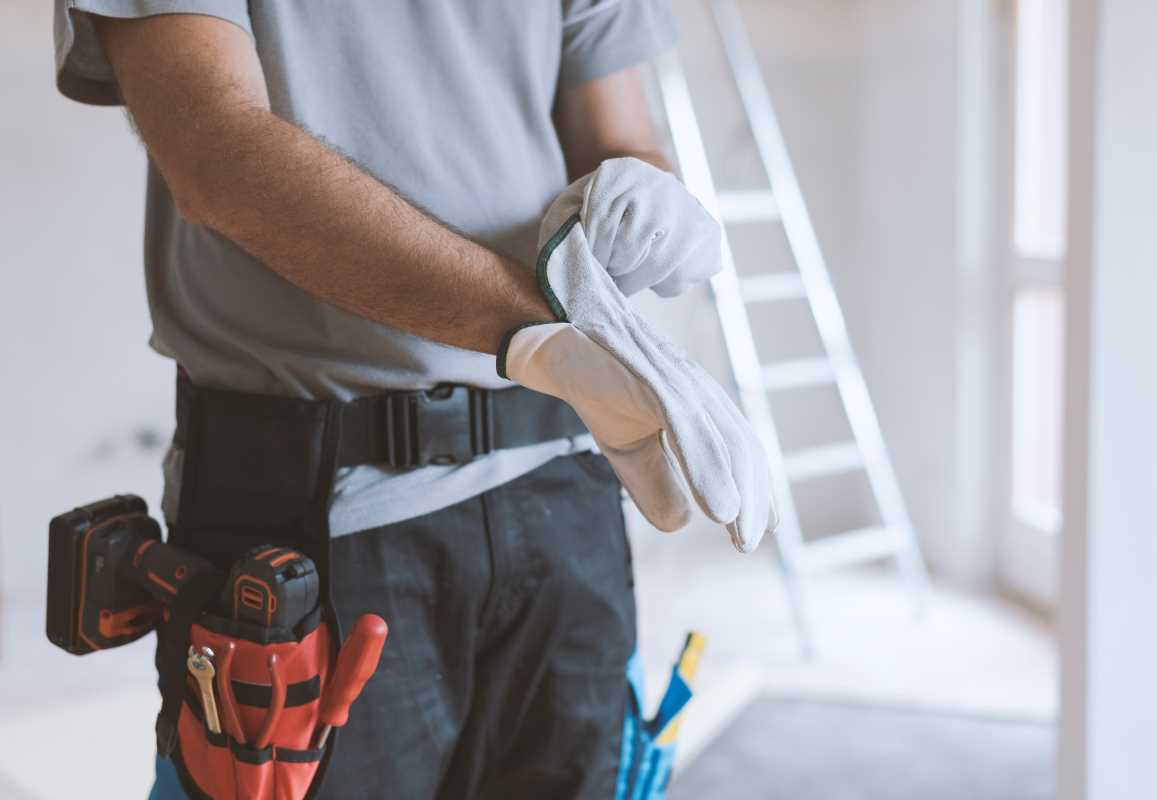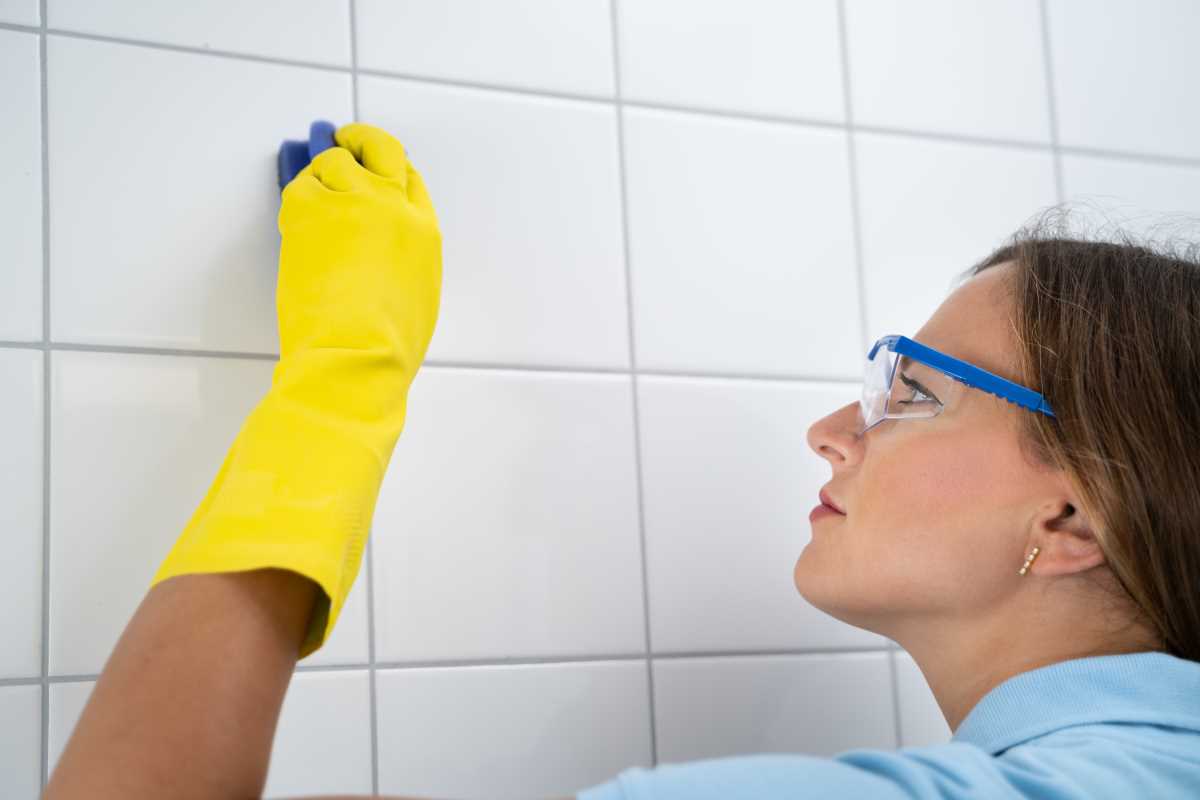qTaking care of your home means more than just cleaning and organizing. Small repairs and maintenance pop up all the time, and not everyone has the tools or skills to tackle them. That’s where a reliable handyman comes in. The right handyman can fix what’s broken, prevent further damage, and even help improve your home. However, hiring someone trustworthy requires more than picking the first name you find online. A bad hire can cost you more money in the long run. You should look for these things and ask these questions to hire a handyman you can count on for efficient and honest work.
Look for Recommendations and Reviews
Finding a trustworthy handyman often starts with personal recommendations. Asking neighbors, friends, or family members can point you toward someone who has already proven their skills. Positive word-of-mouth is one of the best indicators of quality service and reliability.
Online reviews are another valuable tool. Platforms like Google, Yelp, and local neighborhood apps often list ratings and detailed comments from previous clients. Pay close attention to reviews that mention professionalism, responsiveness, and the ability to solve issues effectively. On the other hand, frequent mentions of no-shows or incomplete jobs are red flags to avoid.
Always aim to combine recommendations with online research. A relative might have had a great experience, but reviews can help you see how they handle a wider range of customers and challenges.
Verify Credentials and Experience
A trustworthy handyman brings more than just a toolbox. Well-rounded experience and proper credentials signal that they can handle your home repair needs safely and efficiently. Depending on the job, some tasks may require licenses or certifications.
Ask about their experience working on projects similar to yours. Someone excellent at drywall repairs and painting may not have the skills needed to fix electrical wiring or plumbing. Understanding their strengths helps ensure you’re hiring a handyman who’s qualified for your specific projects.
If your job requires handling building codes or safety regulations, check that they’re current. Licensing or certifications vary by state and type of work, so knowing these details helps you hold the handyman accountable.
Request Written Estimates
Hiring blindly based on verbal quotes can lead to unexpected costs. Always request a detailed written estimate before agreeing to any work. A properly prepared estimate includes labor costs, material costs, and a breakdown of tasks. It might also point out potential challenges that could impact the timeline or pricing.
An estimate gives you a chance to review their proposed costs and compare them with other handymen or contractors. Extremely low prices are tempting but could indicate poor quality or hidden fees. At the same time, sky-high prices don’t necessarily guarantee better service. A written estimate provides a foundation to discuss expectations upfront, reducing the likelihood of disputes later.
Clarify Payment Terms
Understanding how and when the handyman expects to be paid eliminates confusion. Many professionals prefer partial payment upfront, with the remaining balance due after the work is completed. A small deposit to cover materials is reasonable, but avoid paying the full amount before the job is done.
Ask for a payment breakdown. Steer clear of handymen who demand large payments up front without clear justification, as that could be a warning sign of unprofessional behavior.
Check for Insurance Coverage
Accidents can happen even during simple home repairs. A trustworthy handyman should carry liability insurance to cover damages in case something goes wrong. Without insurance, you could be stuck paying for repairs or medical bills resulting from accidents on your property.
Ask for proof of insurance and verify that it’s current. This step protects your home and prevents you from being held liable for mishaps. Uninsured contractors may offer lower prices, but the risks are far greater than any short-term savings.
Discuss Timelines and Communication
Home repairs can disrupt your routine, so clarity on timelines is critical. Discuss how long the handyman expects the project to take. Smaller jobs might be completed in a few hours, while larger tasks may require multiple visits.
Communication plays a major role in managing your expectations throughout the process. A reliable handyman will keep you updated about delays, unforeseen challenges, or changes to the original plan. Discuss how they prefer to communicate, whether it’s via text, phone calls, or email.
Ask for References
Any reputable handyman should have a list of happy customers willing to vouch for their work. Ask for references from recent jobs similar to yours. Speaking with past clients gives you detailed insights about the handyman’s reliability, work quality, and attitude.
When contacting references, ask specific questions. Did the handyman arrive on time? Was the job completed within budget? How did they handle unexpected changes or challenges? Balanced feedback from former clients can provide a clearer picture than general online reviews.
Avoid Handymen Who Avoid Contracts
Handymen operating without contracts may seem flexible or convenient, but skipping this step is risky. A written contract protects both you and the handyman by clearly outlining responsibilities, deadlines, and costs. It can also include details like the project scope, materials to be used, and warranty information for completed work.
Think of a contract as a safety net. Misunderstandings or disputes are easier to resolve when everything is documented. Professional handymen typically provide a standard contract willingly. Refusal to use a contract could signal inexperience or an attempt to avoid accountability.
Evaluate Their Equipment and Tools
A prepared handyman arrives with tools and equipment suited for the job. Observing their setup can help you gauge their level of professionalism. Discuss the types of tools they’ll need to complete your job, especially if specialized equipment is required. Knowing they’re prepared reduces delays and reassures you of their ability to handle the task efficiently.
Build a Relationship for Future Repairs
Once you’ve found a trustworthy handyman, nurture the relationship. Reliable professionals are worth keeping on hand for future repairs or maintenance needs. Building rapport ensures they’ll prioritize your jobs and understand your home's specific needs. Stay in touch even after the work is done. A good relationship benefits both sides and creates a lasting, reliable partnership for years to come.
 (Image via
(Image via





